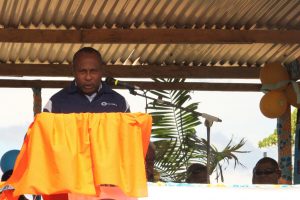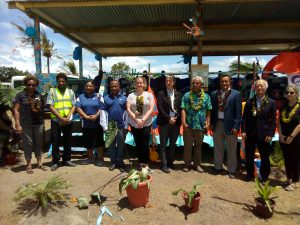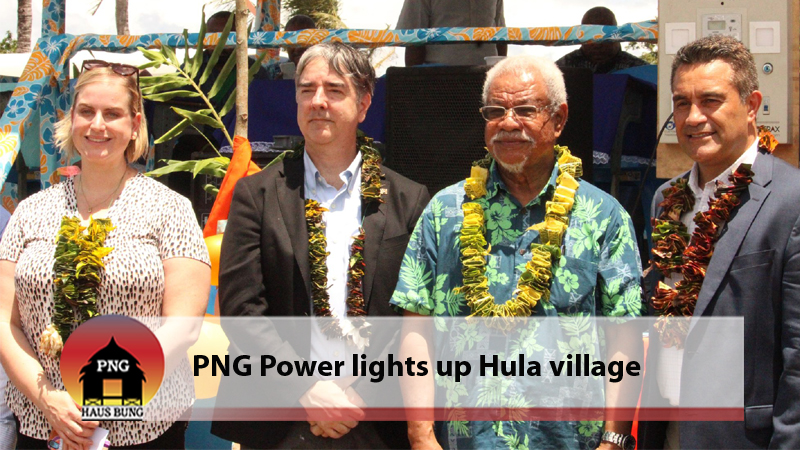The effort to reach 70% connectivity of homes to electricity in Papua New Guinea (PNG) will need the support of national, provincial and district government authorities to ensure that electricity projects sponsored by donors, are being delivered to the people.
That was the message put forth by the PNG Power Limited (PPL) Acting General Manager Sustainable Business Development and Government Relations Mr. Mairawesi Pulayasi, when speaking to the people at the Commissioning of the Hula electrification project today in Rigo in the Central Province.
Mr. Pulayasi said PNG Power continues to work with donor partners like the New Zealand Government and other contractors to light up homes in the various projects initiated by the donors, but it can only do so much.
“What we have is evidence of a project that lightens lives and impacts our people, what does that mean to the provincial governments and the DDAs (District Development Authorities)?” asked the Acting General Manager.
Mr. Pulayasi said the pathway to electrifying PNG is a challenging one and PNG Power alone can’t do it without help.

“One of the biggest challenges we see and that has been recognized by our partners as well, is dealing with land issues. We sincerely invite the provincial governments and DDA’s and we also are working with traditional chiefs to be champions in this.”
“Please provide your support to PNG Power by providing land, providing corridors so that electrification can be managed.”
He added that electricity is a vital service that improves the living standards of people and support business and economic growth be it in a district, a local level government area or nationally. Therefore, to achieve a better electricity coverage, there must be good collaboration between all parties involved.

The Commissioning today of the Hula Power project marked the start of better things to come for villagers from Galamaruku all the way to Hula.
This project is an initiative of the New Zealand government and is expected to benefit 30, 000 people at a cost of about K20million, which was supported and funded for by the people of New Zealand.

